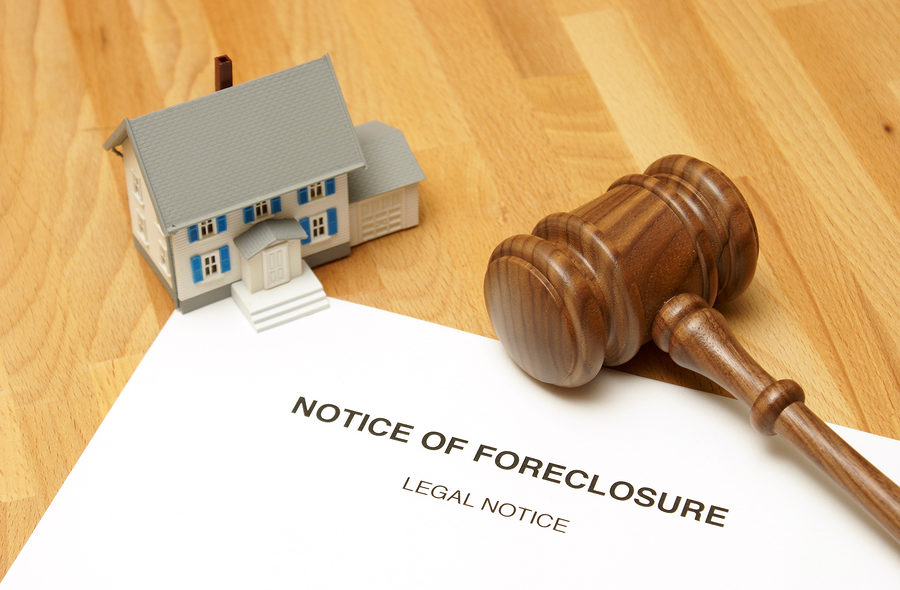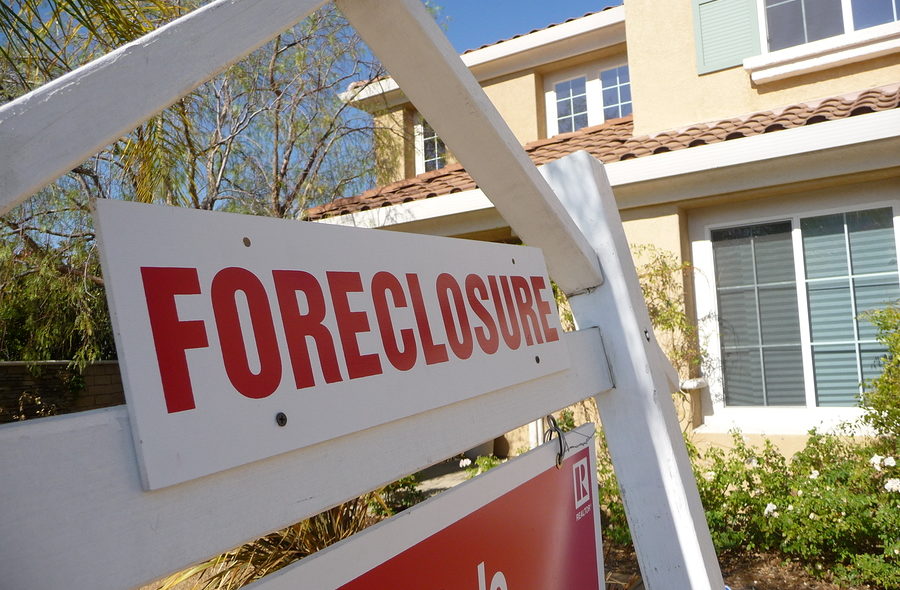Florida officials have come under fire after it was discovered that they were using money from a federal fund meant to help homeowners struggling with finances and facing foreclosure to pay for vacations and luxury hotel stays.
This information was discovered by the Special Inspector General for the Troubled Asset Relief Program. The alleged misuse of funds took place between 2011 and 2016. Officials from the Florida Housing Finance Corp. used money from the Hardest Hit Fund to pay for all costs to attend conferences in Orlando, Miami, Boston, Nashville, and San Diego. While this part may seem appropriate, it was later discovered that only two hours of the total four days charged were related to the Hardest Hit mortgage relief program. The remainder of the time was spent for relaxation and enjoyment.
The expenses totaled $40,000 for what they claimed were “routine meetings” in some of the finest hotels and luxury resorts in Florida, including stays at the Vinoy Renaissance St. Petersburg & Golf Club and the Hyatt Regency in Orlando. The expenses are considered a direct violation of federal regulations in how the relief funds should have been used.
Florida currently has one of the highest rates of foreclosures, as well as highest rates of denying funding from the Hardest Hit Fund to struggling homeowners who need it the most. “Florida has the lowest homeowner admission rate for relief funds offered by the organization, one of the highest withdrawn application rates and has consistently denied homeowners at higher rates than the national average,” according to the Troubled Asset Relief Program (TARP).
Unfortunately, this is the not the first time a misuse of funds has occurred when it comes to The Hardest Hit Fund. Back in 2017, it was reported that millions of dollars in foreclosure assistance was squandered by government agencies.
The Hardest Hit Fund was created in 2010 by the U.S. Treasury Department. The fund carried $9.6 billion at the time of its creation to help 18 states specifically, including Florida, who were hit hardest by foreclosures during the end of the recession. In Florida, the money is disbursed by the Florida Housing Finance Committee. However, since its creation, Florida has come under scrutiny for how slowly the agency disburses money to homeowners in need. Back in 2015, it was reported that only 20 percent of the applicants who requested relief in Florida were accepted. The national average acceptance rate is about 48 percent. At the same time, money is being used by federal employees for bonuses and vacations.
Stephen Auger, executive director for Florida Housing, was forced to resign in 2016 after an audit showed he allowed the agency to pay for a $52,000 lobster and filet mignon dinner to honor the lenders who worked directly with lower-income borrowers.
All this information was disclosed in an 85-page report from the federal special inspector general. Florida was one of the states that had a “culture of inappropriate spending” of the Hardest Hit funding. Florida Housing charged the fund approximately $18,000, which was the most of any state, just to send their employees to national housing conference that had nothing to do with the fund at all.
Click here to read more on this story.
Choosing the right attorney can make the difference between whether or not you can keep your home. A well-qualified Miami foreclosure defense attorney will not only help you keep your home, but they will be able to negotiate a loan that has payments you can afford. Miami foreclosure defense attorney Timothy Kingcade has helped many facing foreclosure alleviate their stress by letting them stay in their homes for at least another year, allowing them to re-organize their lives. If you have any questions on the topic of foreclosure please feel free to contact me at (305) 285-9100. You can also find useful consumer information on the Kingcade Garcia McMaken website at www.miamibankruptcy.com.


